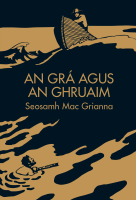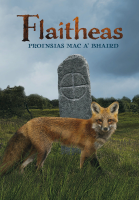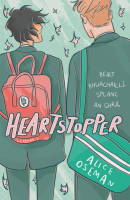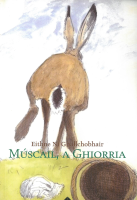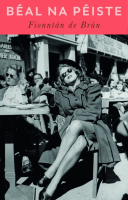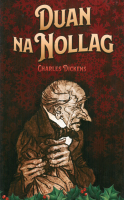Leabhar mhí na Bealtaine - 2021
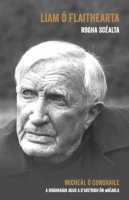
Liam Ó Flaithearta: Rogha Scéalta
Ainneoin gur mar scríbhneoir Béarla is mó a bhí cáil ar an Árannach Liam Ó Flaithearta (1896–1984) – na déaga d’úrscéalta agus beagnach dhá chéad gearrscéal – bhí tionchar nach beag ag an aon leabhar Gaeilge a d’fhoilsigh sé lena bheo, an cnuasach gearrscéalta Dúil (1953), ar léitheoirí Gaeilge. Agus ní hamháin de bharr gur chaith sé blianta fada ar chúrsaí scoile agus ollscoile. Go deimhin is minic a tharraingítear anuas an cheist an fearr a shaothar Gaeilge, más tanaí féin é, ná a shaothar Béarla. Agus cén bhaint go díreach a bhí acu le chéile. Ceist eile ar fad í cén fáth gur i mBéarla a d’fhoilsigh sé formhór mór a shaothair in aon chor. Ainneoin sin is uile, is mithid féachaint an athuair ar a shaothar trí shúile an Ghaeilgeora ,agus sa leabhar seo tá Gaeilge curtha go paiteanta ag Micheál Ó Conghaile ar a rogha féin de scoth na ngearrscéalta, trí cinn agus tríocha, mar a gcíortar téamaí mar chruas agus ainnise shaol na n-oileánach Éireannach, ról na mban sa tsochaí sin, dearcadh suaithinseach Uí Fhlaithearta ar an gcléir agus ar an eaglais Chaitliceach, an spéis thar na bearta sa dúlra agus sa nádúr. Athshealbhú cruthaitheach don aonú haois is fiche.
Gluais don leabhar
Sliocht ón leabhar
* Ar fáil do bhaill chláraithe amháin
Cá gceannóidh mé an leabhar seo
Ceannaigh an leabhar ar líne ar Siopa.ie



